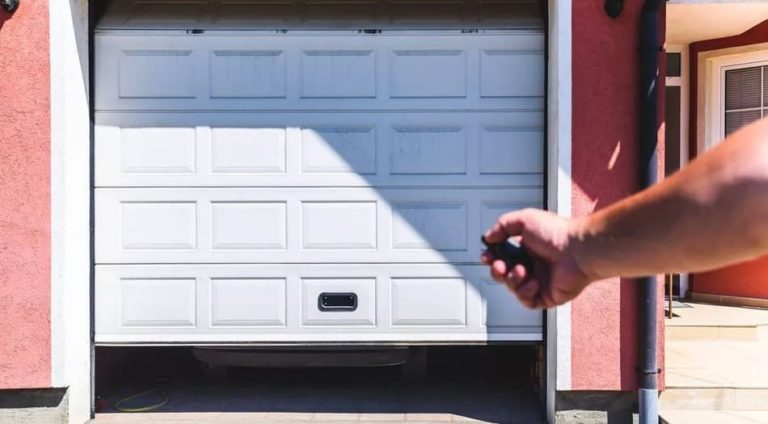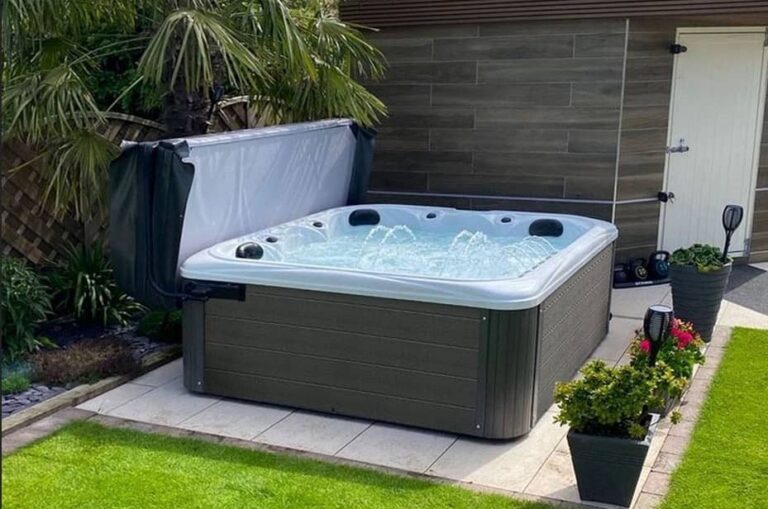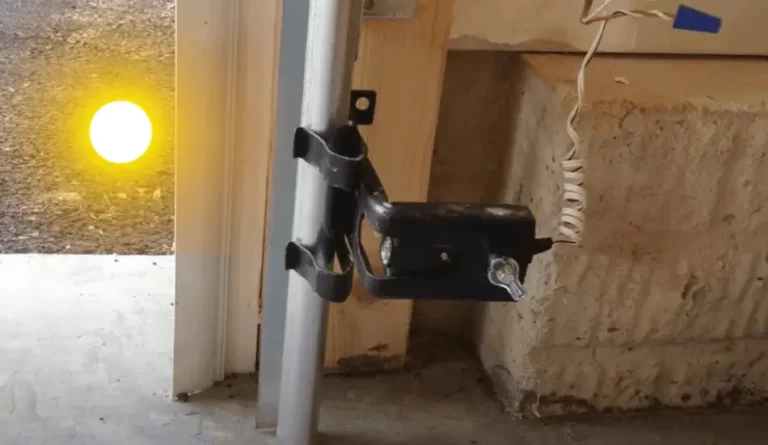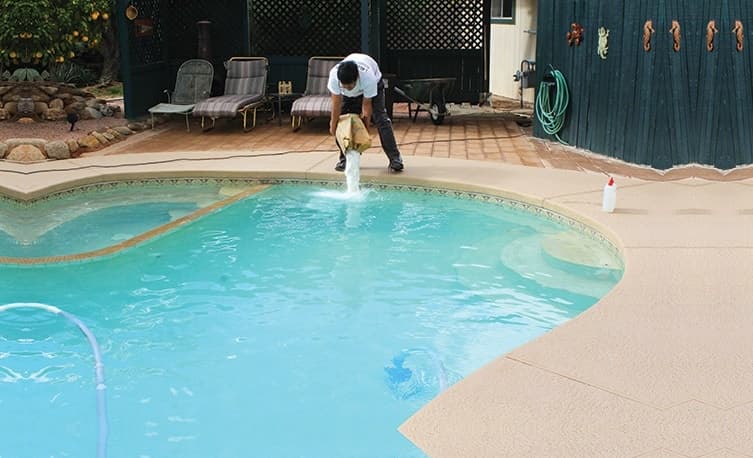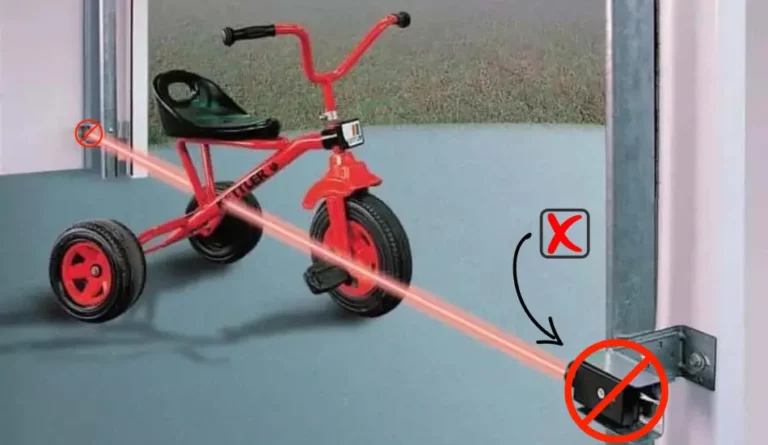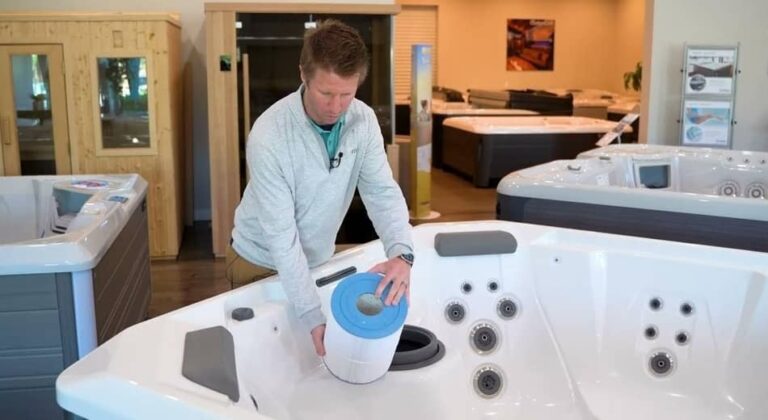Can Pool Pumps Get Wet? Expert Explain
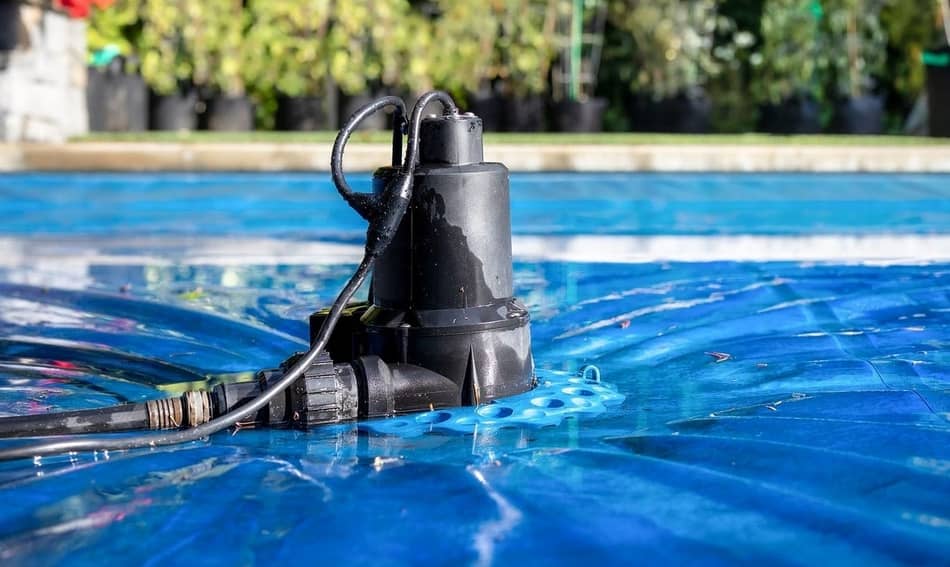
The topic of whether pool pumps can get wet has been a matter of concern for many pool owners, especially those with above-ground pools. This concern isn’t without reason, as water and electricity typically don’t mix well.
Pool pumps constantly circulate water within their systems, but is it safe for them to be exposed to external water sources like rain, snow, or even garden hoses? Having spent several years in the pool business, I’ve seen firsthand how external water can damage a pool pump. In this article, we’ll talk about that. So, let’s start!
Can Pool Pumps Get Wet? Yes, pool pumps can get wet since they are designed to handle water internally. However, external water sources like rain or snow can potentially damage certain components if there are compromised seals. It’s important to ensure that the pump’s seals are intact to prevent any internal damage from external moisture.
Let me explain further. While water in the system is expected and won’t typically harm the pump, there are precautions you should be aware of. Pool pumps are designed to manage water in their tubes and filter baskets. Nonetheless, ensuring that water doesn’t access the shaft seal or venture near the impeller is crucial. In the next section, we’ll talk more about this topic.
Table of Contents
Can Water Damage a Pool Pump?
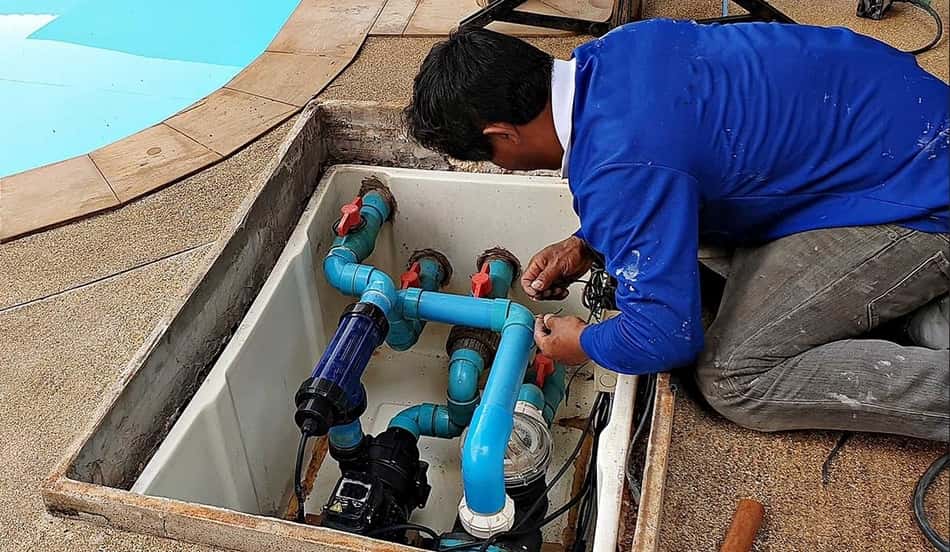
Yes, water can actually damage a pool pump. It can cause the motor bearings to rust, take away the grease that is placed on the shaft seal, and eat away at the wire connections. If there are any leaks in the gaskets, water can harm the part of the pump that helps it start, known as the capacitor. Even though these pumps are made to push water through a filter, I’ve seen many get messed up by water.
Here’s what water might do to damage your pool pump:
- When the pool pump is running at its top speed (that speed is typically 3,400 RPMs), it can put a lot of strain on the pump gaskets because of the intense water pressure. While many new pumps can cope with such fast water flow, you should avoid making older pumps work this hard.
- If water sneaks past the shaft seal, it can harm the motor bearings. This often happens when parts like the impeller, the housing gasket, or the pump seal are damaged or have cracks. If this occurs, it’s time to fix or replace parts of your pool pump. Always ensure that the gaskets and the pump’s O-rings are well-oiled to stop them from getting dry and breaking.
- There is a problem with the old and worn protective gasket. If the protective gasket around the capacitor is old and worn, water can wet the capacitor’s wires and connections. Many pool pumps position their gaskets on the motor’s side or top. Think of the capacitor as the heart of the pump. The pump will struggle to work if it becomes wet, often making a loud buzzing noise.
- Too much water, like from a flood, can easily damage your pool pump. It is known that plants like trees and shrubs can hold onto water and drip it onto the motor. To avoid this, try placing your pool pump on a raised platform or keep it away from plants and, if possible, a good distance from the pool itself.
A fast way to check if the gaskets and O-rings of your pump are wearing down or leaking is by checking a drop in the pool pump’s pressure. This drop is often due to air entering the system, so the pump isn’t sealed tightly. This issue might also make pool vacuums work at a slower pace.
Related Article: What Size PVC Pipe For An Above-Ground Pool? Explained
Is It Safe to Leave a Pool Pump Exposed to Rain?
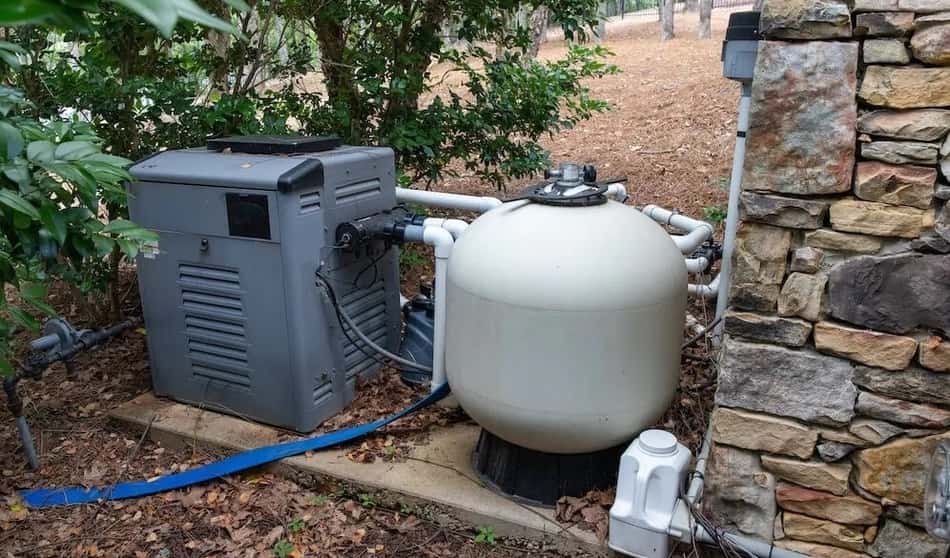
While it’s possible to let a pool pump stay out in the rain, it’s a good idea to protect it using a cover for the motor, a special umbrella, or even an enclosure meant for pool equipment. Even though this equipment and pump is made to handle some water, letting it be wet for extended periods can wear out the pump seals and damage the electrical parts.
Though pool pumps can handle some rain, tiny leaks might lead to big electrical issues. This includes problems like leaks in pool heaters, unstable filter pressures, and blockages because of algae. Did you know rainwater has stuff in it that can boost algae growth?
A company named Miguare Pools states that even light rain showers can cause your pool motor to fill up with water. Once that happens, fixing a water-filled motor is almost impossible. I’ve had many people come to me with their drenched pool motors, and trust me, they’re often beyond repair.
If you’re nervous and don’t want to leave your pool pump in the rain, it’s wise to cover it. Just slip the cover over your pump, set the bracket, and your pump stays safe and dry. This cover even helps keep harmful sun rays away from the motor.
3 Ways To Protect a Pool Pump During Rain
- Set up a big umbrella above the pump. This will let air circulate while keeping the water away from the motor.
- Construct a wooden shelter around where your pump is installed, but ensure it’s raised at least four feet above your pump and any related equipment.
- When you know you won’t use the pump during rain or snow, cover it with a big plastic sheet. Remember, don’t turn on your pool gear if it’s covered with sheets or cloth.
Experience From Pool Pump Users
A direct response from Waterco states that their motors are designed to endure and work in rain, negating the need to move the pump indoors when it’s raining. Mike shared this information, providing some peace of mind.
Another user, Caruso, gave practical advice based on personal experience. He believes that covering a pump might be counterproductive. Instead of protecting the pump, covers can trap moisture, which can lead to corrosion, especially when the pump is not in operation.
Moreover, Caruso’s experiments of disconnecting motors and bringing them inside led him to conclude that leaving pumps outdoors, even during winter, does not negatively impact their performance or lifespan. In fact, he observed no failures in the pumps that were left outside.
Should You Run a Pool Pump During the Rain?

Yes, the pool pump can operate while it’s raining, in case there are no leaks present in or near the pump. Also, pool pumps are designed to manage large amounts of water daily. However, if you hear your pump making loud, unusual noises like screeching or grinding, switching it off could indicate that the motor bearings got wet.
Though rain can bring about different challenges for pools, very few of them actually harm the pump motors. If your pump is well-maintained with properly fitted and greased seals, the likelihood of rain damaging the motor is pretty low.
Keep in mind these points if you’re using a pool pump during rain:
- The rain can reduce the pool water, leading to decreased salt levels.
- When the pool pump is active during rain or damp, it might introduce air bubbles to the filtering system.
- If there’s excessive air from the rainwater oxygenating your pool, your pool cleaner might start to float.
You might be nervous about using a pool pump when it’s damp, but ensuring good water circulation is essential, especially during rain. Even with a pool cover, rain brings many impurities into your pool unless you’re using a solid pool cover.
Not using the pool pump can lead to algae overgrowth and water discoloration, as these impurities can foster algae development. It’s often advised for pool owners to activate their pumps either during rain or immediately after. This action helps the pump direct debris into the filtration system, preventing extensive algae formation.
If you want to learn more about this topic, be sure to watch this YouTube video:
Related Article: Can You Put an Inflatable Hot Tub In a Basement?
FAQ: People Also Ask
Can a pool pump be left in the rain?
According to Zagers, the answer is yes. Pool pumps can run regardless of the weather conditions. However, during electrical storms, we strongly caution against usage due to the potential risks posed by lightning strikes, which may cause harm to your pump and associated equipment.
Should you cover your pool pump?
The pool pump and its equipment are engineered to endure external environmental factors, encompassing rain, wind, and sunlight. Consequently, they do not mandate a specific cover or enclosure for optimal functionality.
Final Thoughts
Pool pumps are designed to handle water, given that their main job is circling it. However, while they can get wet from everyday operations, long exposure to external elements like rain might not benefit them. It’s always a good idea to check for any leaks or cracks in your pump to ensure it remains in good shape. Considering some form of protection for your pump might be wise if you live in an area with frequent rain. I hope this article has helped you, and if you have any questions, feel free to comment below.


